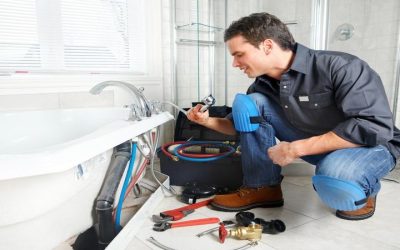In today’s world, water purification is a crucial part of our daily lives, be it for residential, commercial, or industrial needs. As such, different kinds of water treatment technologies have been developed, and one such technology that has been gaining popularity is electrodeionization (EDI). Its unique advantages, such as its ability to remove ionic impurities, make it a promising technology for water treatment and other critical industrial process applications.
In this blog, you will learn about the advantages and limitations of electrodeionization technology, how it works, its applications, and the factors that affect the performance of this technology.
How Electrodeionization Works
Electrodeionization is a water treatment technology that combines electrodialysis and ion exchange to remove ions from water and produce high-purity water continuously. In electrodeionization, water passes through a series of specialized membranes and resin beds that work to remove positively and negatively charged ions from water.
The process involves the use of an electrical field that separates the ions based on their charge. Once the ions have been attracted to the opposite electrode, they are then removed from the water through a resin bed, resulting in clean water.
Limitations
EDI has its drawbacks, just the same as any other technology. One of the main limitations of electrodeionization is its susceptibility to scaling, which compromises its performance. Scale buildup can clog up the resin tanks and membranes, leading to reduced efficiency, higher operating costs, and even complete system failure. To mitigate scale buildup, regular maintenance and cleaning are necessary, adding to the cost of the technology.
Advantages
Despite its limitations, electrodeionization technology has several advantages that make it an appealing option for industrial and commercial applications. Firstly, electrodeionization is a continuous process, making it more efficient and cost-effective than conventional ion exchange technologies. It produces high-purity water with minimal chemical usage, making it environmentally friendly.
Electrodeionization also eliminates the need to store large volumes of chemicals on site, thereby reducing safety risks. It can be used in various applications such as electronics, pharmaceutical production, power generation, and more.


